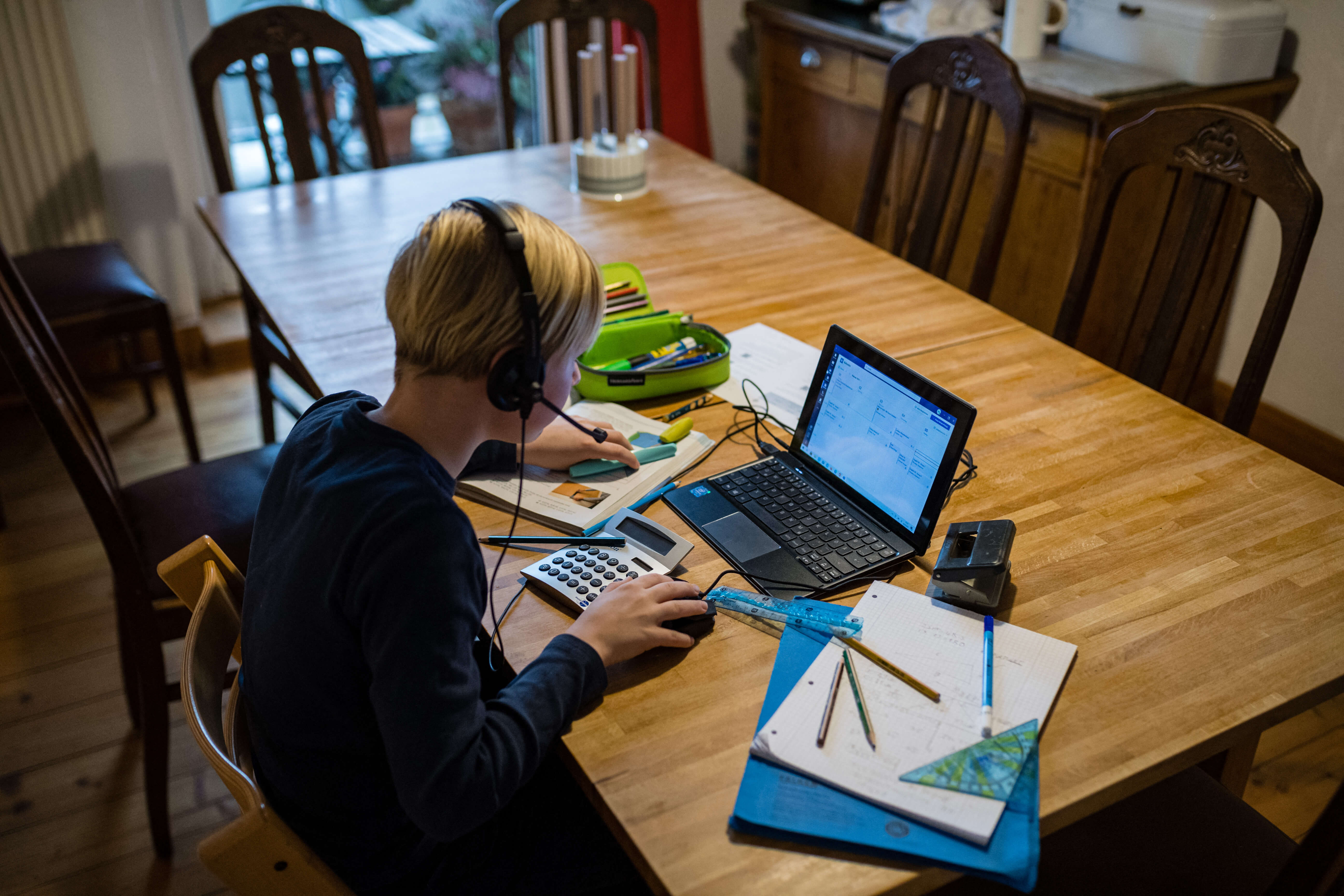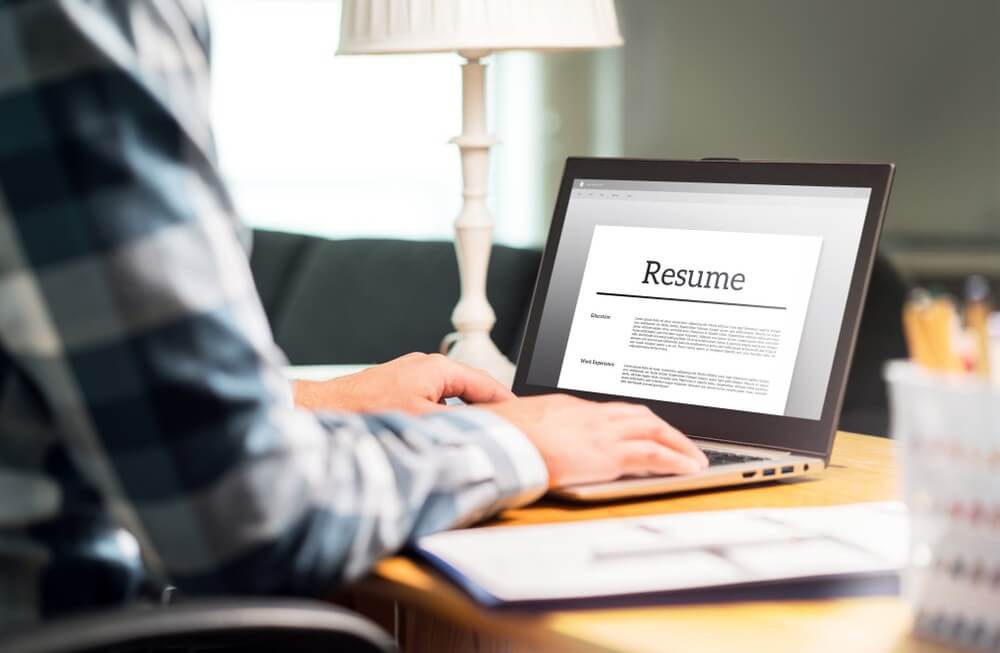
Undergraduate research experiences are nothing new, but an increasing number of universities are offering them. It serves as a golden opportunity for students to work with a supervisor and/or a research group within a genuine research setting.
When an undergraduate engages in research, they not only enhance their classroom learning but cultivate important skills such as networking with mentors and research analysis.
More importantly, they discover whether a career in research is right for them and become better-informed about their subject matter.
This begs the question: how and where can a student seek undergraduate research experience? Here’s a guide for writing an email to an academic or faculty member for such an opportunity:

Undergraduate research helps students enhance their study experience on top of gaining research skills. Source: Jens Schlueter/AFP
Undergraduate research experience tip 1: Have a clear subject line
Write a subject line that is easy to understand and read, which should indicate what your email content will be about. With this tip, your email is more likely to end up in the direct folder, and be of great help to a Principal Investigator (PI) should he/she want to find you.
Undergraduate research experience tip 2: Make it formal
This is self-explanatory; using formal language to academicians is a safer bet. When you write to your prospective research supervisor with a “Dear Prof./Dr. XYZ” instead of “Hi Prof./Dr. XYZ!”, this formal tone means you are respectful and sincere. You can find an example here.
Undergraduate research experience tip 3: Be direct
Academicians are busy people. They typically have heavy teaching and research schedules, and tend to receive many emails. It is a better idea to make your introduction and request short – do include your research question(s), laboratory interests, and cite lab papers if possible.
In this email, share what skills you can bring to his/her research group, and give a brief summary of your qualifications, capabilities and experiences. Then attach your CV/résumé along with this email.
Undergraduate research experience tip 4: Know what to stay away from
In your email, do not (ever!):
- Use abbreviations and emoticons
- Send your email on weekends and long holidays. Office hours, particularly mornings, are a better time
- Make spelling mistakes – writing their name wrongly will definitely upset a PI
Undergraduate research experience tip 5: Proofread, proofread, proofread
It is always a good idea to proofread your email to ensure it sounds clear, and does not have any mistakes. There are also plenty of free online tools that can help you check for common grammatical mistakes.
Undergraduate research experience tip 6: Take care of your mental health
Academic research can be stressful. If you need further tips on academia and mental health, do check out @hgupta84 and @hapyresearchers.
We hope you will land the undergraduate research experience of your dream with our tips (adapted from @hapyresearchers)!










